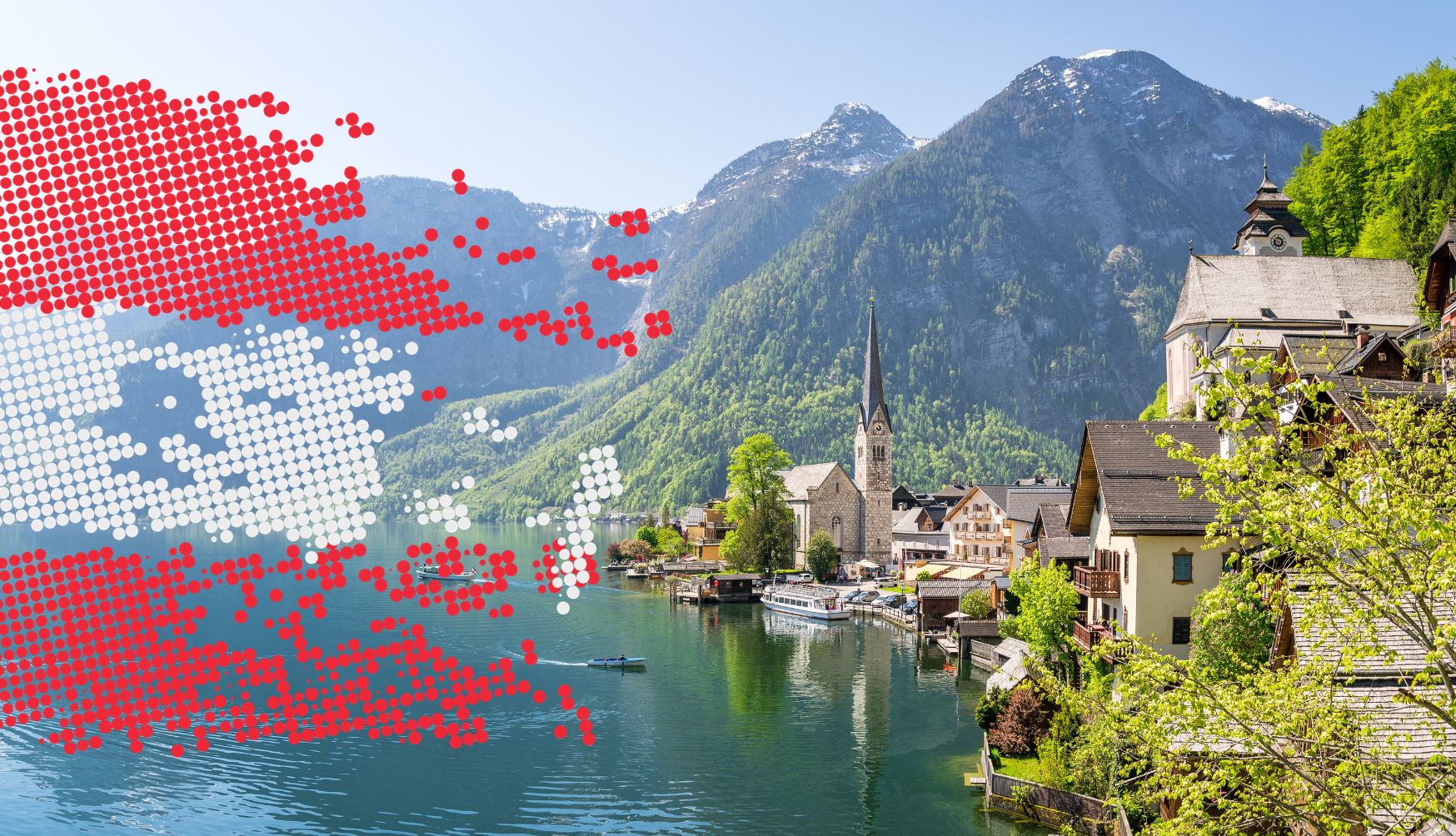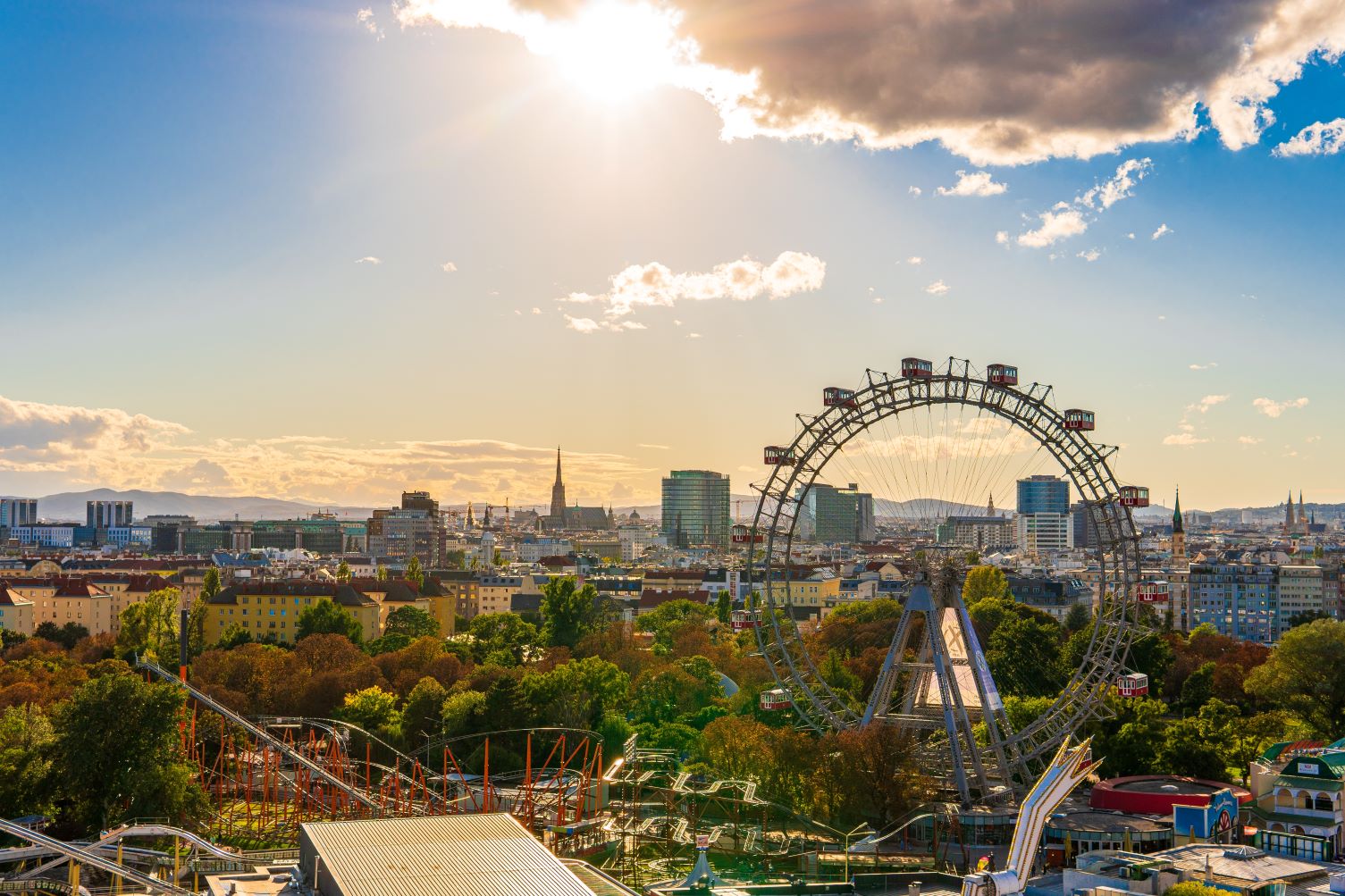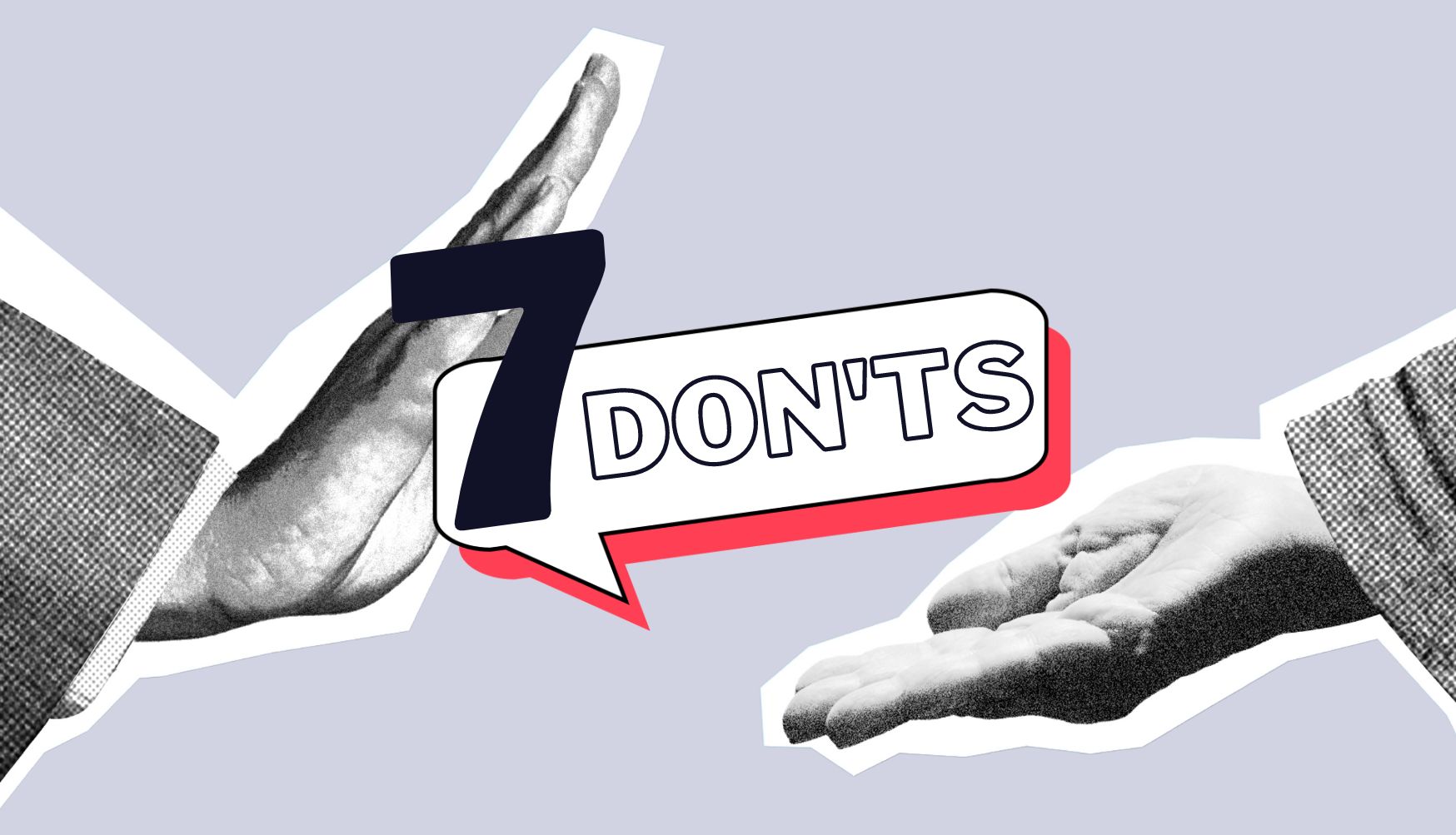If you want to move to Austria because you have been offered a great job or because you are doing your education here, it is advisable to inform yourself in advance about the culture and life in this country. This knowledge can make your start easier and help you get used to life in Austria as quickly as possible and make new friends as soon as possible. Here are the main cornerstones of Austrian culture:
The Language
German is the official language in Austria, and although many Austrians also speak English, it is a great advantage to learn German. It not only facilitates your communication in everyday life, but also your integration into society. Austrians appreciate it when someone shows interest in their country, language and culture. So take a German language course or use online resources to improve your German. You can find out which courses are offered where here: German Courses and Basic Education. It is also helpful to familiarize yourself with Austrian dialects, as there are regional differences. Knowing some basic dialect expressions can be useful in conversations.
The land of bureaucracy
Austria is known for its elaborate bureaucracy. This is reflected in the numerous forms, approval procedures and official regulations that citizens and companies alike have to go through. While these structures often help to ensure order and safety, they also sometimes lead to lengthy processes and bureaucratic hurdles. Nevertheless, Austria is also known for its efficiency and precision in administration, which helps maintain the country's stability.
The bureaucratic hurdles in Austria are getting to you and you need support? Get professional help from RANDOS Relocation and your move will be made easy.
Politeness and Etiquette in Austria
Austria places a high value on politeness and respect in social interactions. It is important to follow Austrian customs to avoid misunderstandings. Here are some examples:
- Greetings: In Austria, it is customary to shake hands in greeting and to address each other as Mr./Mrs. and last name. Only when you know each other better do you usually change to addressing each other by their first names.
- Punctuality: Punctuality is highly valued. If you are late for an appointment or meeting, be sure to apologize. Especially in a professional context! Otherwise, you will most likely be perceived as rude. We'll show you what other no-go's there are in Austrian work culture here: Mastering the Austrian Work Culture: 7 Don’ts International Workers need to know.
- Tipping: In restaurants, it is customary to tip about 10%. You can either round up the bill amount right away when paying, or leave the tip on the table when leaving the restaurant.
- Smoking: Smoking is restricted or prohibited in many public areas. Follow local laws and regulations.
The Culinary
Austrian cuisine offers many local specialties such as the famous Wiener Schnitzel, apple strudel, Kaiserschmarrn and Sachertorte. Visit as many traditional inns and restaurants as possible to experience the diversity of Austrian cuisine. Especially in Vienna you have a great choice of pubs and traditional coffee houses, as you can read here-> More about leisure activities in Vienna.
Side fact: Vienna has been voted the most livable city in the world, as this article shows. And if you want to learn more about why it’s woth moving to Vienna, stop by our article: Vienna - Where living & working is a pleasure: 8 reasons.
Traditional festivals and customs
Austria celebrates a variety of festivals, customs and traditional events. The Vienna New Year's Concert, the Vienna Opera Ball and the Salzburg Festival are three of the country's most famous cultural events. In addition, the majority of Austrians are Roman Catholics and thus Christmas is celebrated in a big way - including traditional Christmas markets.
You don't have to attend all of these events to become familiar with Austrian culture, but just knowing these traditions will provide conversation starters when socializing and making new friends.







